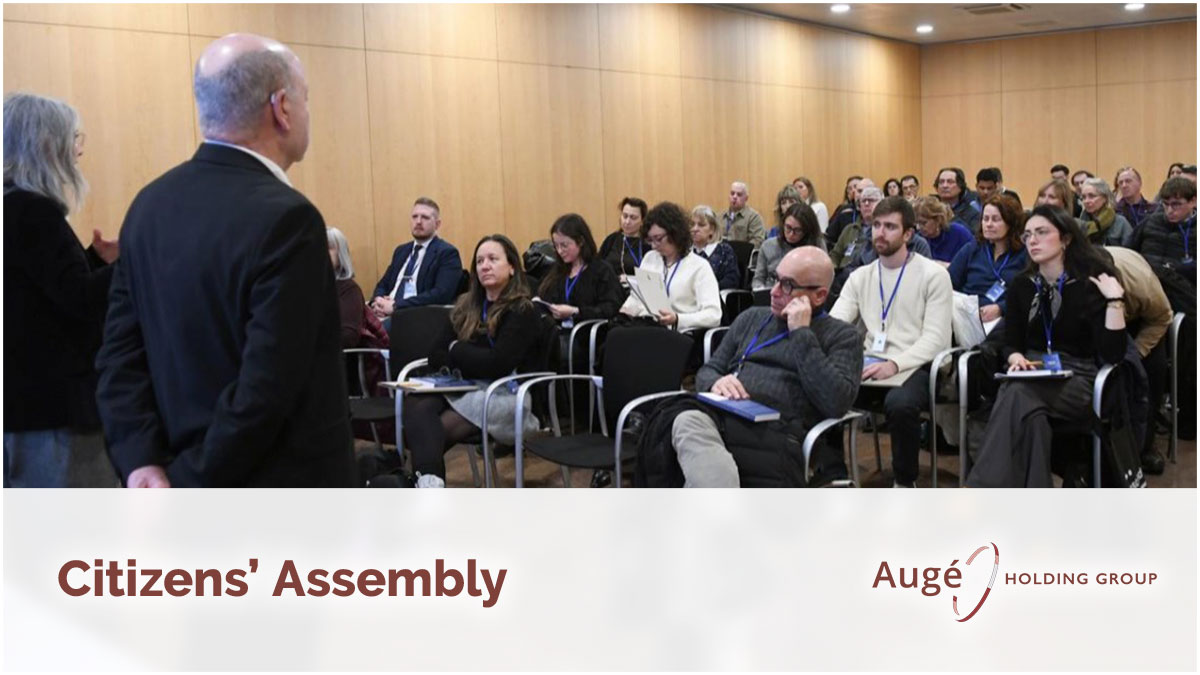Table of contents
ToggleConventions to avoid double taxation
The taxation in Andorra has gone through a profound transformation process, initiated during the year 2012 with the opening to foreign investment and the adoption of an unprecedented tax legal framework, but that consolidated itself in 2015 with the entry into force of the Andorran law on income tax (IRPF). The Principality progressively adapted its legislation to fulfill all standards requested by supranational entities (OECD and EU) and therefore to no longer be part of the black list of tax havens (objective that was partially achieved in 2011 but that fully formalized in 2017).
One of the major steps made has been the signature of several Conventions to avoid double taxation with various countries that share affinities with the Principality setting out means to avoid double international taxation. At the time being, there are 8 Conventions to avoid double taxation (CDI) ratified by Andorra and there is a willingness to expand the list.
¿What are these conventions to avoid double taxation?
A Convention to avoid double taxation is an international Convention that establishes mechanisms to avoid that a same income or taxable act is taxed by two or more States. Double taxation arises when an income generating taxation for a same act and for the same period is taxed by various States. The taxes that are aimed by the implementation of the CDI are direct taxes such as corporate tax, income tax of residents (IRPF) and income tax of non-residents along with the taxes on transmissions of assets (“plusvalua”).
Existing conventions to avoid double taxation
Here below are detailed the Conventions to avoid double taxation signed with Andorra and its date of entry into force:
- Convention to avoid double taxation between Andorra and France, it entered into force on 1 July 2015.
- Convention to avoid double taxation between Andorra and Spain, it entered into force on 26 February 2016.
- Convention to avoid double taxation between Andorra and Luxemburg, it entered into force on 7 March 2016.
- Convention to avoid double taxation between Andorra and Liechtenstein, it entered into force on 21 November 2016.
- Convention to avoid double taxation between Andorra and Portugal, it entered into force on 23 April 2016.
- Convention to avoid double taxation between Andorra and the Arab Emirates, it entered into force on 1 August 2017.
- Convention to avoid double taxation between Andorra and Malta, it entered into force on 27 September 2017.
- Convention to avoid double taxation between Andorra and Cyprus, it entered into force on 11 January 2019.
The Andorran tax authorities have the legitimacy to deliver tax residency certificates. The latter can be obtained when the tax residency in Andorra is consolidated (6 months and one day after having received the residency permit delivered by the Immigration authorities), and it is a document that confirms that the applicant is a tax resident of a given country. It is noteworthy to highlight that the certificate benefits from a high evidence value due to the fact that it is emitted in virtue of the Convention to avoid double taxation (if such a Convention has been signed with the country of the applicant’s previous residency), even though proof to the contrary is admissible.
If you have any doubts on Andorran taxes or if you wish to know how a Convention to avoid double taxation can be applied, for instance, on dividends from international subsidiaries, our team can be contacted in order for one of our professionals to provide the needed advice in this field.
Pere Augé
CEO
Augé Legal & Fiscal
Do you want to contact one of our professionals?
+376 803 636
If you wish, you can call us by phone and we will personally attend to your request.
You can also contact our team by sending your inquiry to the following email: info@augelegalfiscal.com or contact us via WhatsApp (Tel: +376 33 33 76).





